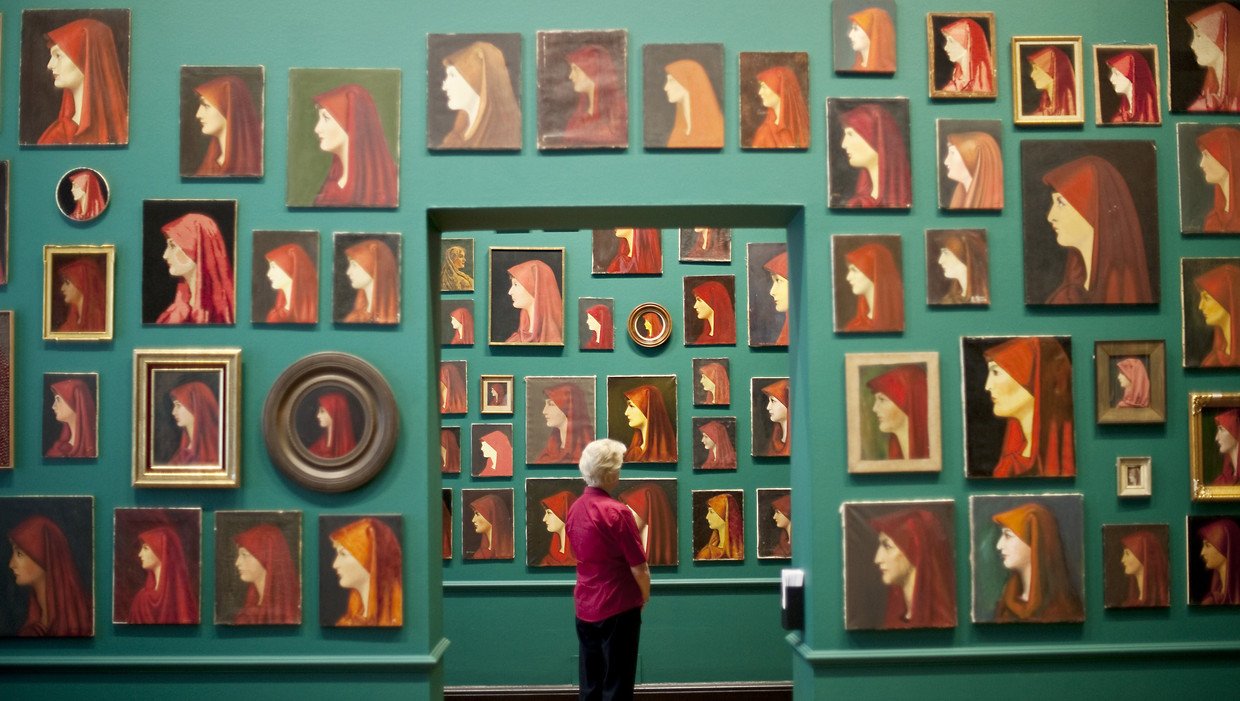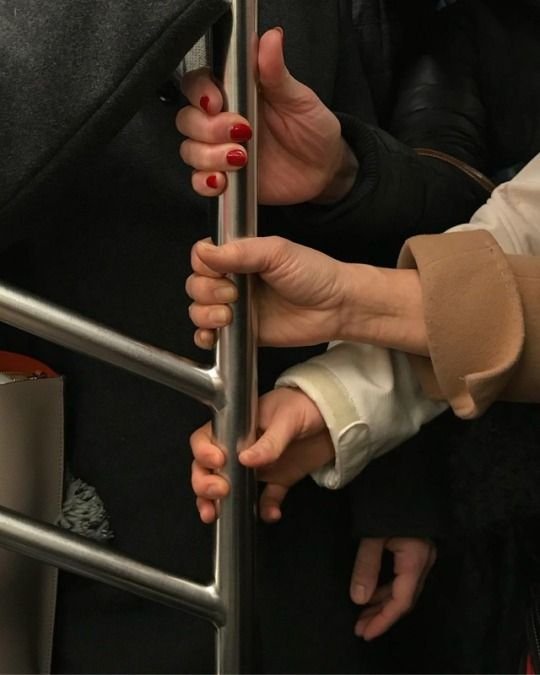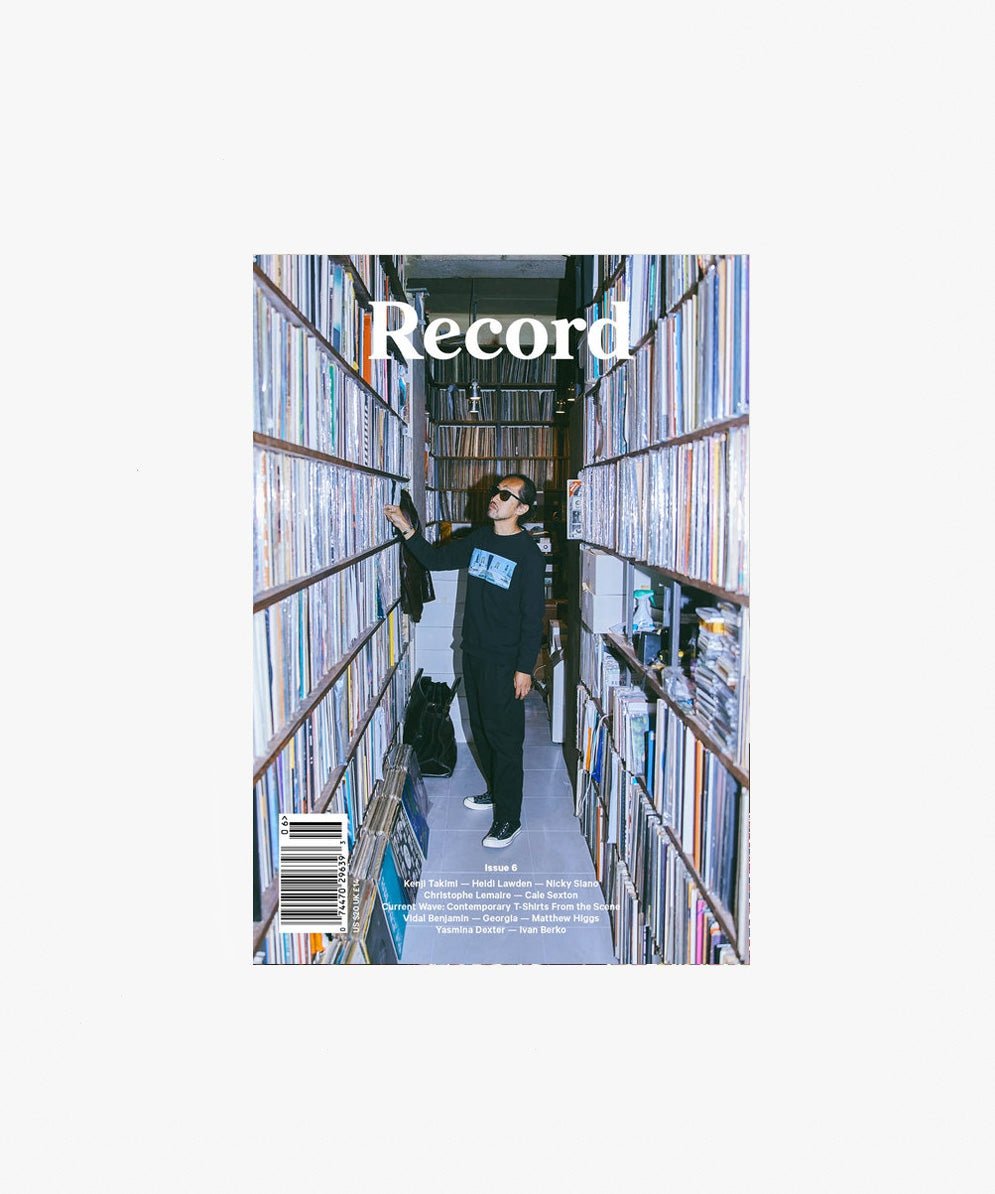
3/ Being in Tune
Human powered
Re-focusing on our more human qualities helps to foster a fresh perspective on life. It enables people to embrace their innate abilities and individuality. In an era increasingly dominated by digital technology and artificial intelligence, there is a fundamental need to reflect on the unique qualities that define humanity. This introspection is not just about understanding the relationship with technology, but more importantly, about valuing the irreplaceable human attributes such as creativity, empathy, intuition, and the capacity for deep emotional and philosophical understanding of what constitutes a good life.
The human mind is far from logical or rational. Our brains work in mysterious and multifaceted ways, blending the conscious and unconscious realms. It is what makes us special and unique.
It becomes crucial to emphasize the human qualities that machines cannot replicate, appreciating the richness of human experience, the depth of personal connections and the power of individual thought. It challenges us to consider how these distinctly human traits can shape the future, redefine societal values, and enhance the meaning of life.
Banner image: Sunny by Emanuel Gat
“People are rethinking the essence of life, shifting their focus from material pursuits to a more introspective and fulfilling approach, driven by a desire for deeper meaning and personal growth. ”
1/ Algorithmic Culture
Shaping an identity
Today’s internet encourages everything to look more the same and is even dulling our ability to know what we like. More of our digital life is driven by algorithms. We moved from the internet of curation to the internet of algorithms in 2016. While it has become easier to find content that fits our preferences, it feels harder to find those items that surprise or challenge our beliefs. How do you navigate culture and discover niches that you can identify with as an individual. How do you develop your own sense of taste?
The impending AI “knowledge boom” will create more of the same personalized content. Options are to go with the flow and learn to navigate this, or decide to take a step back and algorithmic cleanse. People will need to cultivate a robust sense of personal taste and find their own voice, enabling them to make choices that are more aligned with their authentic selves, rather than being swayed by algorithm-driven content.
The challenge of shaping one’s identity and forming original thoughts becomes increasingly complex. Algorithms dull the ability to recognize true preferences. Diversity beyond the echo chamber is necessary for true personal growth. Actively seeking out varied viewpoints and experiences, including those that may oppose or differ from one’s existing beliefs fosters gaining a wider view and cultivating empathy.
It is about learning to value one’s unique preferences and opinions, recognizing that the true richness of culture and identity lies in the multitude of voice that shape original thought and progress, not just algorithms deemed relevant.
Why this matters
Resisting the homogenization caused by algorithms is crucial for maintaining the richness of culture and personal identity.
The Loop/ Jacob Ward
The feedback loop in AI development has a big impact on human behavior and decision-making. Are the patterns in our behaviour, patterns an algorithm will use to make decisions about what is best for us, the patterns we want to perpetuate? Read more here
The Fabiola Project/ Francis Alÿs
Collection of nearly identical paintings and other depictions of fourth-century Saint Fabiola. The replicas are variations based on a renowned, but lost, portrait by nineteenth-century French academic painter Jean-Jacques Henner. See more here
Synthetic Data Projection/ Gartner
Synthetic data technology is set to transform AI, reshape competitive landscapes and technology stacks, democratize data access, and serve as a powerful catalyst for an AI-driven future. Around 2027, synthetic data will surpass real data. Read more here
2/ The Meaning Economy
A new value equation
The Meaning Economy prioritizes human creativity and interpretation in creating and sharing meaningful experiences, highlighting roles such as artists and philosophers. Unlike AI and automation, which are utilized for routine tasks, this economy values uniquely human abilities. The ability to connect, explore existential themes, and craft personalized experiences. It highlights the enduring human need for meaningful engagement, with a focus on creativity and philosophy that resonate on a personal and communal level.
Humans desire meaning. There is a sense of disconnection, a feeling that something integral is missing in the systems that govern our lives. The Meaning Economy is about enabling human beings to grow and develop in ways that traditional economic models do not account for. Redefining what value means beyond mere economic metrics could shape a new idea of capitalism. Reviewing its responsibilities and how we organize society. The focus will shift towards creating real value, one that contributes to improving the human condition.
The increasing automation of routine tasks by AI will change jobs, with a greater emphasis on roles that require human creativity and empathy. This change will lead to people working less hours. The concept of Universal Basic Income (UBI) will gain traction as a means to ensure financial stability in an economy where traditional job roles are evolving. This paradigm shift will lead people to spend their time engaging in more creative, educational, or leisure activities, fundamentally altering the traditional balance between work, life, and personal fulfilment.
Why this matters
A fundamental shift towards value creation in a wider sense than just an economic one.
Subway Hands/ Hannah La Follette Ryan
Account with zoomed in photo’s of the hands of people on the subway. See more here
The Daydream Trail/ During the Dinner Studio
Pavillion on a trail by the sea that encourages people to walk, enjoy the view of the sea and to daydream. See more here
UNcovered/ Pierre Debusschere
Exhibition of the human body as a raw, emotional medium, without artificiality. Experienced by viewers lying down together for a different perspective. See more here
3/ The Great Slowdown
Culture going off-line
There is a growing recognition of the value of reclaiming time as a step towards self-knowledge. This is a journey that embraces the dualities of life, acknowledging that every aspect of our existence contributes to a richer understanding of who we are. This shift in perspective is not just about managing time more efficiently; it is about making space for new experiences.
We live in an era where the measure of success has shifted towards a healthier state of mind and the pursuit of a rewarding life. It is a shift from a materialistic to a more introspective and fulfilling approach to life.
The sentiment is one of anti-modernity and anti-rationality, a focus on discovery and new experiences to engage with life in meaningful ways. This includes taking the time to walk, choosing the longer route, and embracing friction instead of convenience. Such choices encourage staying in touch with the world in a authentic and grounded manner. It’s about experiencing life in its fullness, embracing the rough edges and the smooth, and finding beauty in the simplicity of everyday experiences.
Ultimately, this re-humanization offers a perspective that allows us to see the world objectively and to understand it more holistically, and therefore better comprehend our role within it. It encourages us to focus not on what is new and trending but rather on what is essential and enduring. It provides a deeper understanding of human values and motivations, guiding us towards more sustainable, fulfilling, and meaningful paths.
Why this matters
Individuality and personal expression and reflection is essential for self-knowledge and fostering genuine connections.
Hyper Voisins/ The Republic of Super Neighbours, Paris
Community of Paris Super Neighbors that communicate via WhatsApp groups dedicated to queries like finding a cat sitter or seeking help to fix broken appliances. They hold weekly brunches, post-work drinks and community gatherings at which older residents share memories with younger generations. Read more here
Record Culture Magazine/ Record Creative Limited
A physical magazine about vinyl. Record magazine features long-form interviews that provide deep insights into contemporary musicians and their creative processes, focusing on allowing artists to speak for themselves rather than just promoting new material. See more here
Reclusive Youth/ Korean Government
The South Korean Ministry of Gender Equality and Family is offering up to 650,000 won ($500) monthly to support the psychological and emotional stability of socially reclusive young adults, who make up about 3.1% of Koreans aged 19 to 39 and face difficulties in normal living due to prolonged disconnection from the outside world. Read more here
4/ Focus & Attention
Space to think and connect
Everything we repeatedly do, experience, view, listen to, think and talk about, hope, feel, fear, and imagine, physically alters our brains. Neuroplasticity shows that our brains are adaptable, the Internet’s rapid information access and constant stimuli are reshaping our neural pathways, leading to a heightened tendency for quick scanning at the expense of our capacity for deep and critical thinking. These cognitive changes, have significant impacts on relationships, culture, society, and even the functioning of democracy, as people become more reliant on quick, easily digestible bite sized snippets of information.
The amusement phase is over as we are starting to feel the impact of technology on our lives. It is time to question the power it has over us and try to set time limits. Comfort and convenience, often promoted by technology and automation, can lead to a flattening of experiences and homogeneity in culture. Our preferences are mirrored by algorithms and our interactions are reduced to predictable patterns.
There are many levels of energy involved in the way we connect with people. When we are energetically connected, we trust and understand each other. Through neuroscience and the quantum understanding of energy there is a whole new world of understanding that is developing due to technology. Self-directed neuroplasticity, the principle that focused training and effort can alter cerebral function by intentionally redirecting our focus and attention. Attention matters, it is essential to choose wisely and be deliberate in what we choose to cultivate.
Why this matters
Simplification, uniformity and disconnected people result in a world of reduced knowledge depth and innovation.
Piano play/ Exeter University
Research from Exeter University found that playing a musical instrument, particularly the piano, or joining a choir enhances memory and executive function. Instrumentalists scored higher in brain health assessments and social factors in choir participation. See more here
Painting With The Mind/ MuLab
MuLab uses a neurofeedback model that translates real-time brain information into digital or physical forms, allowing individuals to visually and artistically interpret their emotions through focus and breathing techniques. See more here
The Slowest Wave / University of Houston
Research in neuroaesthetics reveals the significant impact of dance on brain and body health, showing that regular engagement with the arts can extend life by up to 10 years and reduce stress hormones, with projects like The Slowest Wave using EEG to study dancers' brain waves, highlighting how dance influences our physical, mental, and emotional well-being, and even affects brain responses to music and gender-specific movements. Read more here
Further reading
Just in Time/ G. Gabrielle Starr
Gabrielle Starr explores the concept of beauty through neuroaesthetics, examining its temporal dynamics in psychological and neurological processes and applying this to the study of literature and art, integrating empirical science techniques and humanistic interpretation to understand the experience better.
Lighter/ Yung Pueblo
In Lighter, Yung emphasises the importance of self-compassion, self-knowledge, emotional maturity, and reconnecting with the present to alleviate mental burdens, ultimately advocating for individual responsibility in fostering a structurally compassionate world through intentional, clear, and compassionate actions.
Project Unlonely/ Jeremy Nobel
Loneliness, intensified by the pandemic, impacts people’s mental and physical health. This book suggests that a true sense of loneliness results from a disconnection to the self.
The Shallows/ Nicholas Carr
As we spend more time online, are we sacrificing our ability to read and think deeply? This book is an examination of the cognitive and behavioural effects of smartphones and social media.















